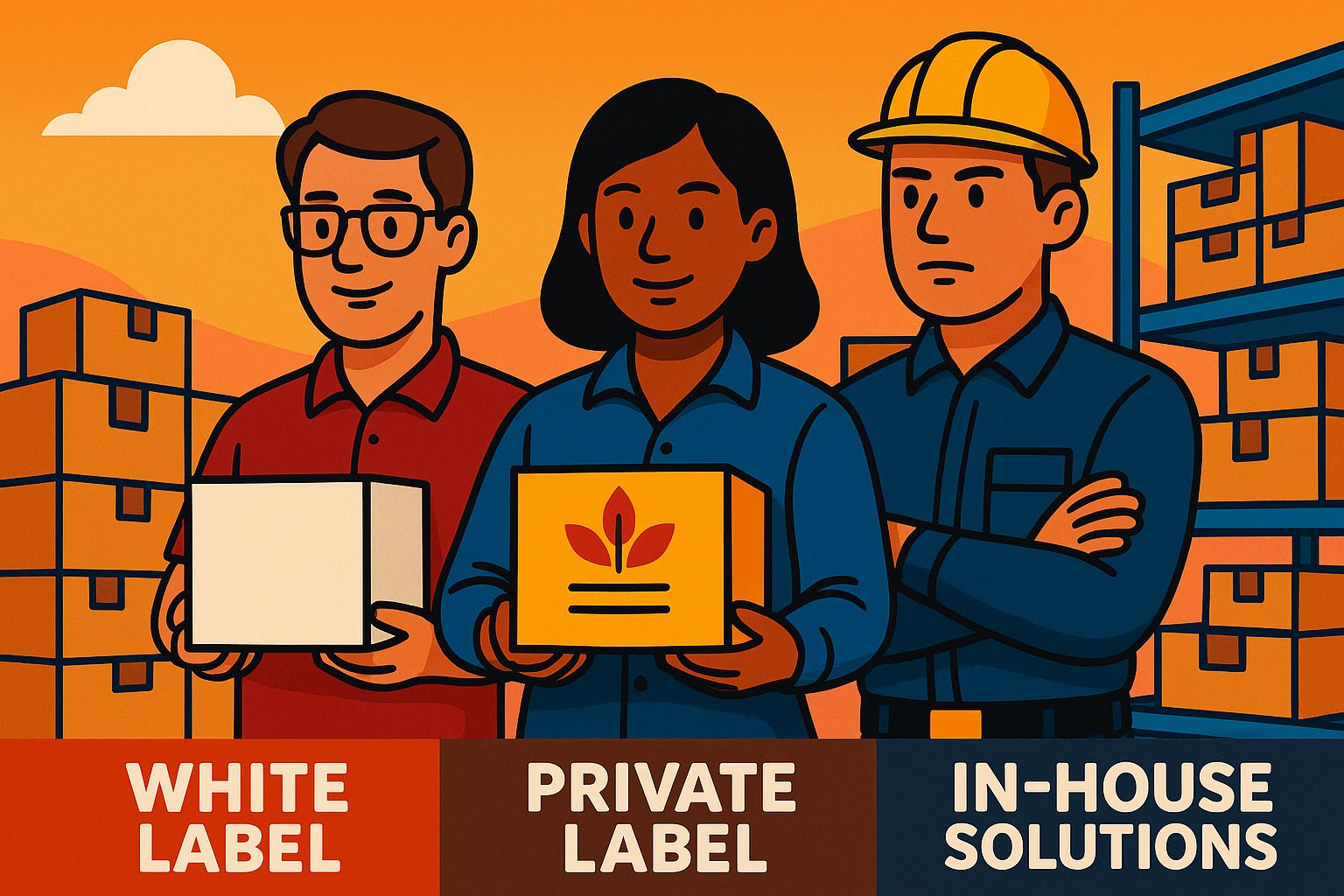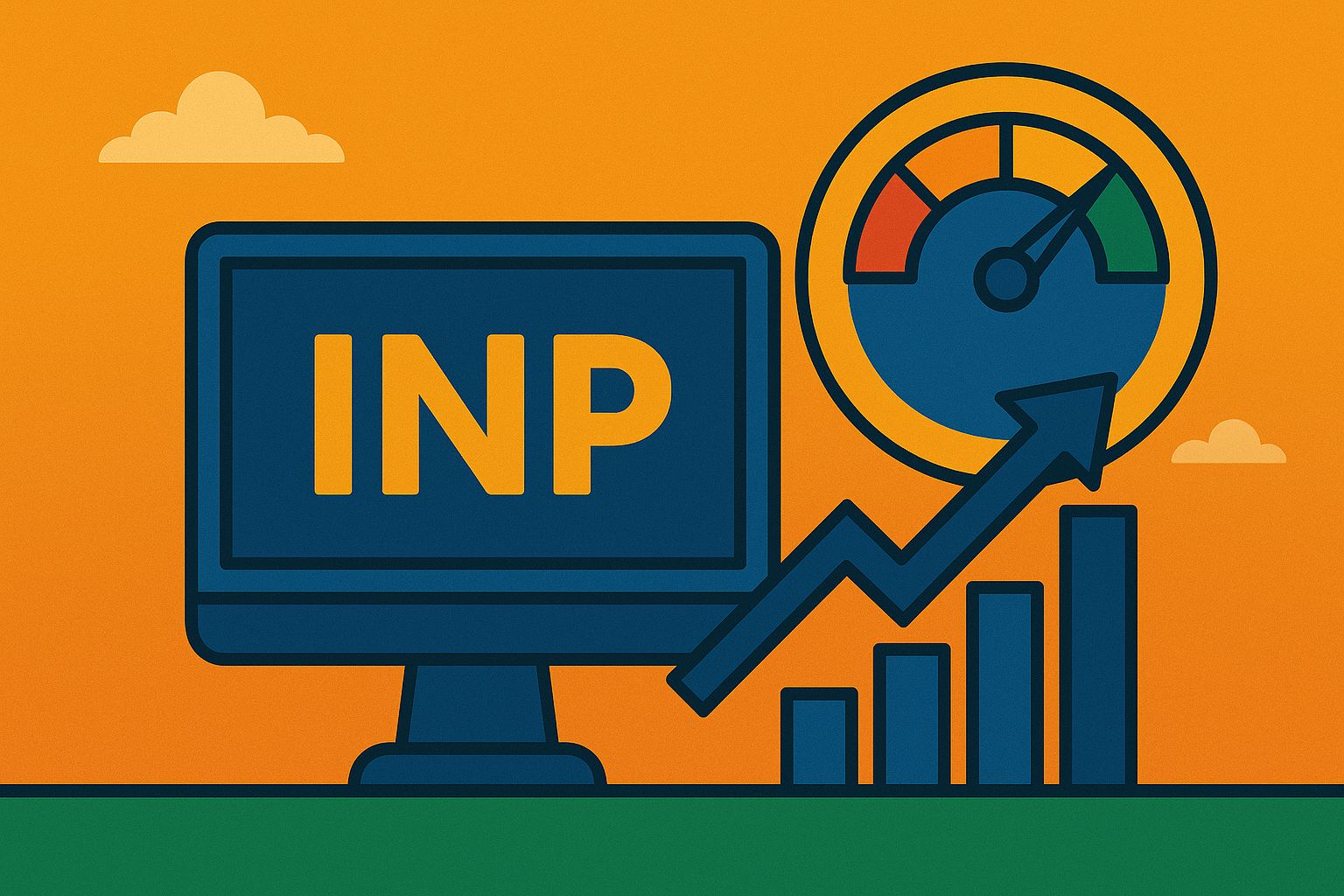In the ever evolving landscape of logistics and supply chain management, warehouse management systems (WMS) have become indispensable tools for businesses seeking to optimize their operations. As companies strive to stay competitive, they face a crucial decision: how to develop and implement a WMS that best suits their needs. This blog post explores the various product development pathways available, from white label solutions to private label offerings and in-house development, helping you navigate the complexities of creating an effective warehouse management system.
Understanding the Spectrum of WMS Development Strategies
Before diving into the specifics of each development pathway, it’s essential to understand the spectrum of options available to businesses looking to implement a WMS:
- White Label Solutions: Off-the-shelf products that can be quickly branded and deployed.
- Private Label Solutions: Customized versions of existing platforms, tailored to specific business needs.
- In-House Development: Fully custom solutions built from the ground up by internal teams.
Each of these strategies comes with its own set of advantages and challenges, which we’ll explore in detail.
White Label WMS: The Quick-to-Market Option
White label warehouse management systems offer a rapid entry point for businesses looking to implement a WMS without the hefty investment of time and resources typically associated with custom development.
Advantages of White Label WMS:
- Speed to Market: These solutions can be deployed quickly, allowing businesses to improve their warehouse operations almost immediately.
- Cost-Effective: White label options are often more affordable than custom-built solutions, making them attractive for small to medium-sized businesses.
- Proven Functionality: These systems have typically been tested and refined through use by multiple clients, ensuring a certain level of reliability.
Challenges of White Label WMS:
- Limited Customization: While some customization is possible, white label solutions may not fully align with unique business processes.
- Potential for Overlap: Competitors may use the same or similar systems, reducing competitive advantage.
- Dependency on Provider: Updates, maintenance, and support are typically managed by the provider, which can limit control.
Private Label WMS: The Middle Ground
Private label warehouse management systems represent a middle ground between off-the-shelf white label solutions and fully custom in-house development. These systems start with an existing platform but are significantly customized to meet specific business requirements.
Advantages of Private Label WMS:
- Customization: Businesses can tailor the system to their unique processes and requirements.
- Faster Development: Compared to in-house solutions, private label WMS can be developed and implemented more quickly.
- Balanced Cost: While more expensive than white label options, private label solutions are often more cost-effective than full in-house development.
Challenges of Private Label WMS:
- Ongoing Customization Costs: As business needs evolve, further customization may be necessary, incurring additional costs.
- Potential Integration Issues: Depending on the base platform, integration with existing systems may be challenging.
- Shared Core Technology: The underlying technology is still shared with other businesses, potentially limiting some competitive advantages.
In-House WMS Development: The Fully Custom Approach
For businesses with highly specific needs or those seeking a significant competitive advantage through technology, in-house development of a warehouse management system may be the optimal choice.
Advantages of In-House WMS Development:
- Complete Customization: The system can be built from the ground up to perfectly match business processes and requirements.
- Full Ownership: The company retains complete control over the technology, including all future developments and updates.
- Competitive Advantage: A unique, proprietary system can provide significant advantages over competitors using off-the-shelf solutions.
Challenges of In-House WMS Development:
- High Initial Investment: Developing a custom WMS requires significant time, financial resources, and skilled personnel.
- Longer Time to Market: The development process for a custom solution is typically much longer than implementing white or private label options.
- Ongoing Maintenance and Updates: The company is responsible for all maintenance, bug fixes, and updates, which can be resource-intensive.
Factors to Consider When Choosing a WMS Development Strategy
When deciding between white label, private label, or in-house development for your warehouse management system, consider the following factors:
- Budget: Assess your financial resources and determine how much you’re willing to invest in WMS development.
- Timeline: Consider how quickly you need to implement the system and whether you can afford a longer development process.
- Technical Expertise: Evaluate your team’s technical capabilities and whether you have the resources to support in-house development or customization.
- Unique Requirements: Determine how specific your warehouse management needs are and whether off-the-shelf solutions can adequately address them.
- Long-term Strategy: Consider your company’s growth plans and how flexible the WMS needs to be to accommodate future changes.
- Integration Needs: Assess how well the WMS needs to integrate with your existing systems and whether this requires a custom solution.
- Competitive Landscape: Evaluate whether a unique WMS could provide a significant competitive advantage in your industry.
Making the Right Choice for Your Business
Choosing the right product development pathway for your warehouse management system is a critical decision that can significantly impact your business’s efficiency and competitiveness. Here’s a general guide to help you make the right choice:
- Choose White Label if you need a quick, cost-effective solution and your warehouse processes align well with standard industry practices.
- Opt for Private Label if you require some customization but don’t want the full burden of in-house development, and your needs are not entirely unique.
- Consider In-House Development if you have highly specific requirements, seek a strong competitive advantage through technology, and have the resources to support a custom development project.
Remember that these options are not mutually exclusive. Many businesses start with a white label solution to quickly improve their operations, then move to a private label or in-house solution as they grow and their needs become more complex.
The Future of WMS Development
As technology continues to advance, the lines between these development pathways may blur. We’re seeing the emergence of more flexible platforms that offer the speed of white label solutions with greater customization capabilities. Additionally, artificial intelligence and machine learning are playing increasingly important roles in WMS, potentially leading to more adaptive systems that can evolve with a business’s needs.
Conclusion
The product development pathways for warehouse management systems requires careful consideration of your business’s current needs, future goals, and available resources. Whether you choose a white label, private label, or in-house solution, the key is to select a strategy that not only addresses your immediate operational challenges but also positions your business for long-term success in an increasingly competitive market. By understanding the advantages and challenges of each approach, you can make an informed decision that will help your warehouse operations thrive in the digital age. Remember, the best warehouse management system is one that grows with your business, adapts to changing market conditions, and consistently delivers value to your operations and customers alike.





